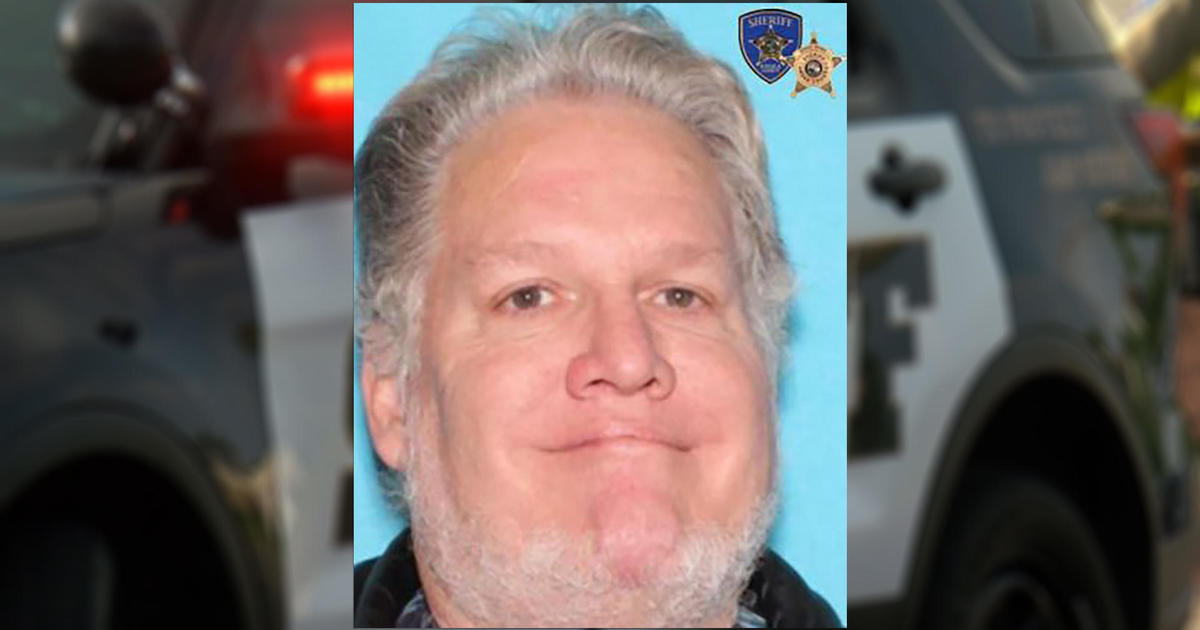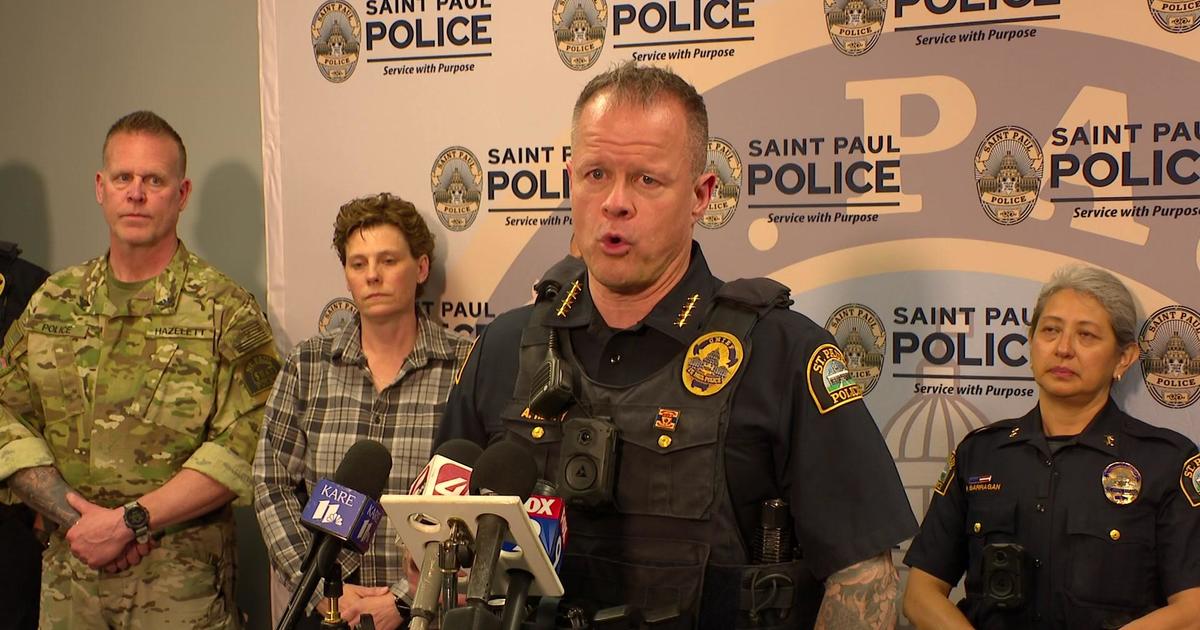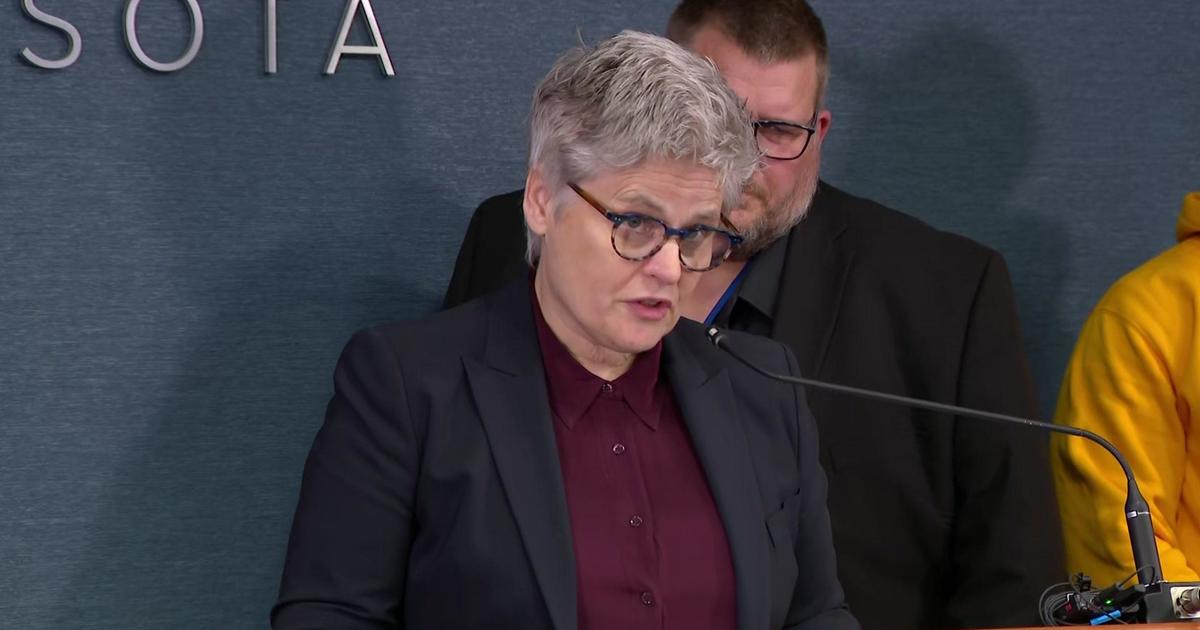A Look At Key Archdiocese Leaders, How They Handled Wehmeyer
MINNEAPOLIS (AP) — When Archbishop John Nienstedt resigned last week as leader of the Archdiocese of St. Paul and Minneapolis, Ramsey County Attorney John Choi said he'd "allow the facts to lead the way" in his ongoing investigation into an alleged cover-up of sexual abuse.
Choi filed criminal charges against the archdiocese as a corporation this month, and hasn't ruled out charges against individuals if evidence warrants. So far, that hasn't happened.
"In a criminal investigation that's being undertaken by someone as careful as John Choi, it's very hard to guess what they are doing ... because there's a lot that goes on under the surface," according to Mark Osler, a criminal law professor at the University of St. Thomas.
The initial charges could be a prelude to something more, or not: "A prosecutor is going to hold their cards pretty close to the vest," Osler said.
The court documents list several instances in which church leaders missed opportunities to report information about Curtis Wehmeyer, 50, a former priest convicted in 2012 of molesting two boys.
Here's how prosecutors say key church leaders handled the Wehmeyer case:
FORMER ARCHBISHOP JOHN NIENSTEDT
Nienstedt became archbishop in 2008. About a year later, Wehmeyer asked to become a pastor. Canon lawyer Jennifer Haselberger repeatedly warned Nienstedt that Wehmeyer had engaged in risky behavior, which included a 2004 incident in which he approached two younger-looking males about sex in a bookstore.
Nienstedt appointed Wehmeyer as pastor of two parishes in 2009.
In a 2014 interview with The Associated Press, Nienstedt said he knew about the bookstore incident but that Wehmeyer had been evaluated and there was nothing "that would indicate he would be a danger to young people."
When he heard about the child molestation allegations, Nienstedt said he was devastated.
"I was really blindsided. I knew that he had this attraction toward young men, but I didn't know he had an attraction toward minors, and I was just completely stunned when I learned of what he had done," he told the AP.
Nienstedt, who has not been available for interviews in recent weeks, has been the focus of two investigations himself.
He was cleared in what police called an unlikely allegation that he touched a boy in public. The other investigation involved accusations of inappropriate sexual behavior with seminarians and priests, which Nienstedt denies. A Minnesota Public Radio report last week found Nienstedt interfered with the investigation. The archdiocese hasn't released its findings.
AUXILIARY BISHOP LEE PICHE
Piche, who was appointed auxiliary bishop in 2009, also resigned last week.
Court records show there were early concerns about Wehmeyer, so after he was ordained in 2001 he was put under Piche's supervision.
During that time, Piche learned Wehmeyer was cited for loitering in a park known for anonymous male sexual encounters, and was told by two people that Wehmeyer was often in a boys' bathroom at the parish school. Piche raised that issue at a staff meeting, but didn't single out Wehmeyer.
After Piche became auxiliary bishop, another priest reported that he and Wehmeyer were camping and Wehmeyer placed his hand on the priest's knee. The priest also told Piche that Wehmeyer told him he'd taken two boys — his victims — camping.
The priest told Piche: "I think you have a predator on your hands," the complaint says. Piche allegedly replied that he felt Wehmeyer "could be a good priest."
In August 2010, another priest arrived at a camping site to find Wehmeyer there with the victims. The priest woke up one night and found Wehmeyer in bed with one of the boys.
When that priest went to Piche, the bishop replied: "Father Curt Wehmeyer has many skeletons in his closet." Piche told police he didn't remember that conversation, according to the complaint.
Piche hasn't been available for an interview since he stepped down.
THE REV. KEVIN MCDONOUGH
McDonough was the archdicoese's vicar general from 1991 to 2008, and the point man for handling allegations of clergy misconduct until September 2013.
The criminal complaint suggests McDonough played a key role in how Wehmeyer was handled over the years, and repeatedly insisted Wehmeyer was "thrill-seeking" and wasn't a danger.
McDonough asked for a limited psychological assessment of Wehmeyer, and the recommendations weren't routinely followed. Wehmeyer was never reassessed.
McDonough told Piche there was no cause for concern or need for restrictions. But a Sept. 7, 2004, memo indicated McDonough restricted Wehmeyer from youth programming, though the youth minister was never informed, the complaint says.
Wehmeyer began a monitoring program in 2006 at McDonough's request. The complaint says there were concerns about this program, namely that McDonough had almost exclusive control of it. McDonough reviewed yearly reports, which showed Wehmeyer didn't comply with the criteria. But McDonough consistently indicated he was pleased with his progress.
In May 2011, McDonough recommended no workplace disclosure be made about Wehmeyer's history, but that Wehmeyer tell some priests about it. That summer, Wehmeyer molested a third victim while camping, authorities say.
McDonough hasn't returned messages seeking comment.
(© Copyright 2015 The Associated Press. All Rights Reserved. This material may not be published, broadcast, rewritten or redistributed.)



